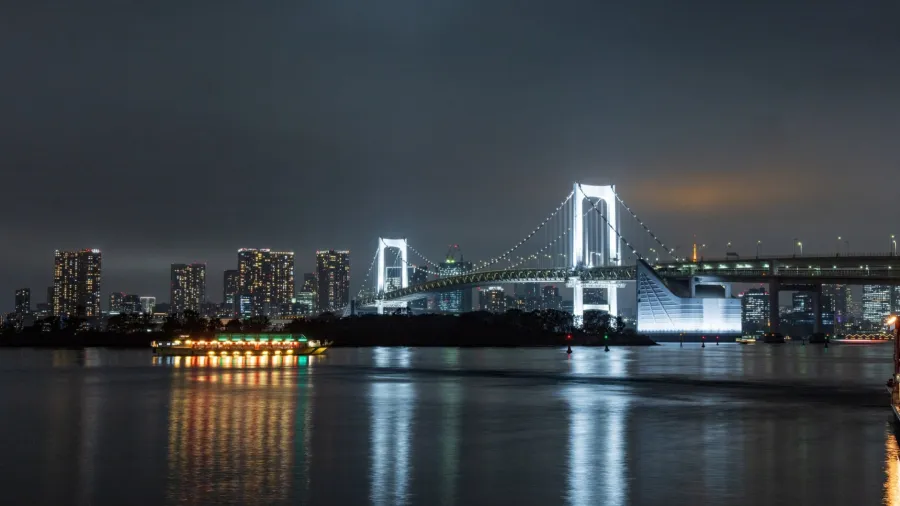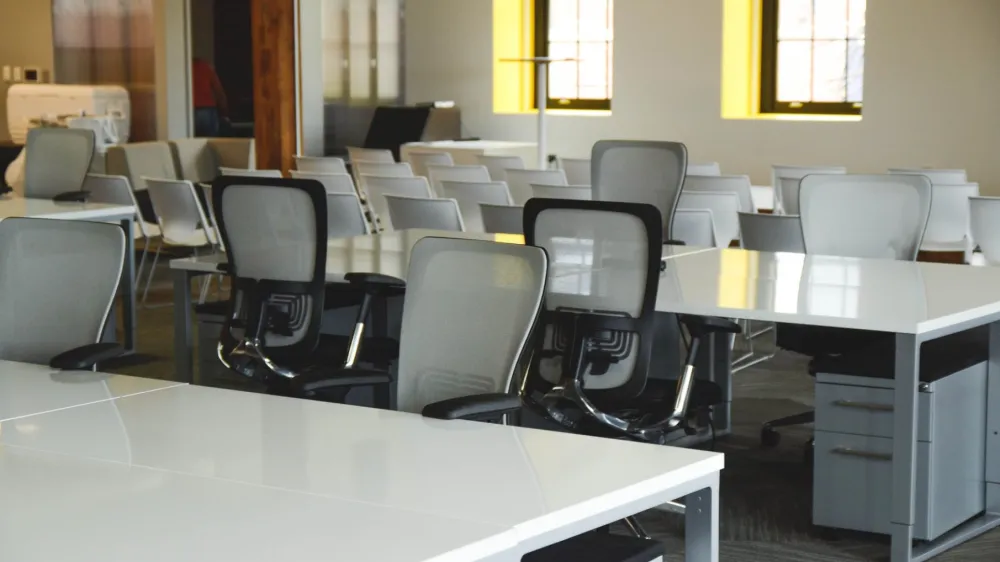
Why mixed-use office developments are on the rise in Japan
ESG is a key component of these new developments.
Tokyo’s office market struggled during the pandemic, with a dramatic drop in footfall and an uptick in vacancies among many properties. According to a Savills report, in order to better serve ever changing tenant demands and to diversify revenue streams, many upcoming large-scale developments will be mixed-use.
“Although offices may not be the dominant use of space, office portions will likely benefit from the creation of integrated “city-within-a-city” environments, which has garnered interest from tenants. ESG will also be an important component of many new developments, and more developers are taking proactive steps to incorporate sustainable technologies and systems within new projects,” the report said.
Here’s more from Savills:
The recently completed Azabudai Hills development is a notable example of this trend. The office building Azabudai Hills JP Mori Tower is situated within a large multi-use site, which also features luxury department stores, branded residences, and an international school. The office portion has achieved a slew of environmental certifications, and utilises the developer's proprietary Energy WEB System, which analyses and visualises energy consumption by tenants on a real-time basis, allowing them to understand their consumption patterns and work to scale back usage.
The overall site was designed as an urban park, delivering large amounts of green space which is open to the public, and integrating commercial and office units seamlessly within the surrounding environment, improving the appeal for workers and other clientele alike.
Elsewhere, the centrepiece of the Tokyo Torch redevelopment project in Chiyoda will be the iconic Torch Tower. The building will predominantly be used for office space, but will also feature a luxury hotel, branded residential units, and retail and entertainment space. In addition, developer Mitsubishi Estate has outlined that Torch Tower has been accredited with the gold rank in the LEED BD+C CS Core & Shell certification, as well as having obtained preliminary certification as part of the WELL Building Standard certification.
Delivering environmental sustainability and integrating office and sports complexes within the surrounding community is a core focus of the Jingu Gaien redevelopment project. Indeed, the office building housing Itochu Corporation’s headquarters, Prince Chichibu Memorial Rugby Stadium, and the Jingu Baseball Stadium will be rebuilt, and situated within a site with increasing green coverage - from 25% to 30%. Careful attention was also paid towards improving accessibility and the environmental quality of the area.
Mixed-use amenities and ESG-supportive work environments have become more important to companies, and therefore also to developers. Given the severe labour shortages in Japan, employers must demonstrate their commitment to employee welfare and communication in order to attract and retain talented workers. Overall, large mixed-use developments will likely be a more common form of development project moving forward, with developers also striving to achieve greater environmental performance.



















 Advertise
Advertise





